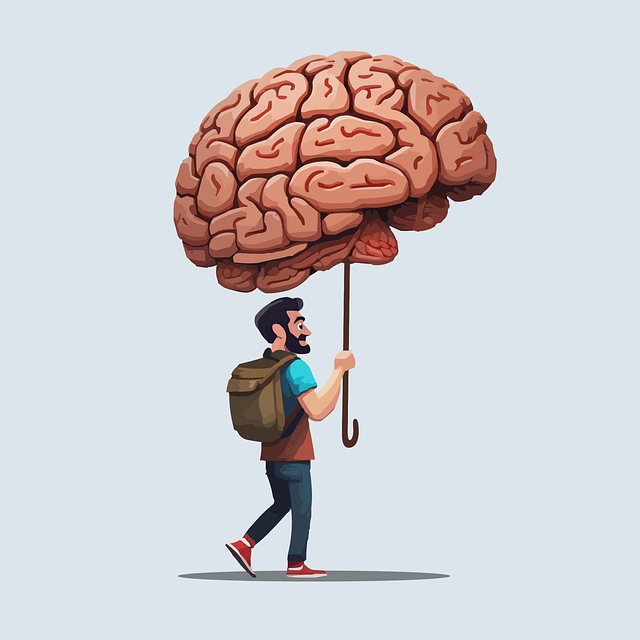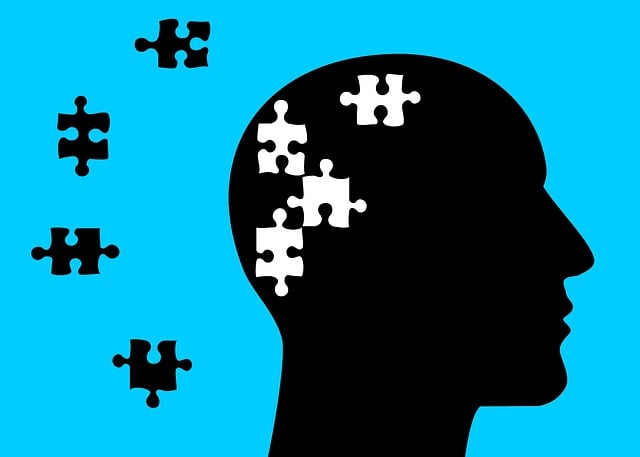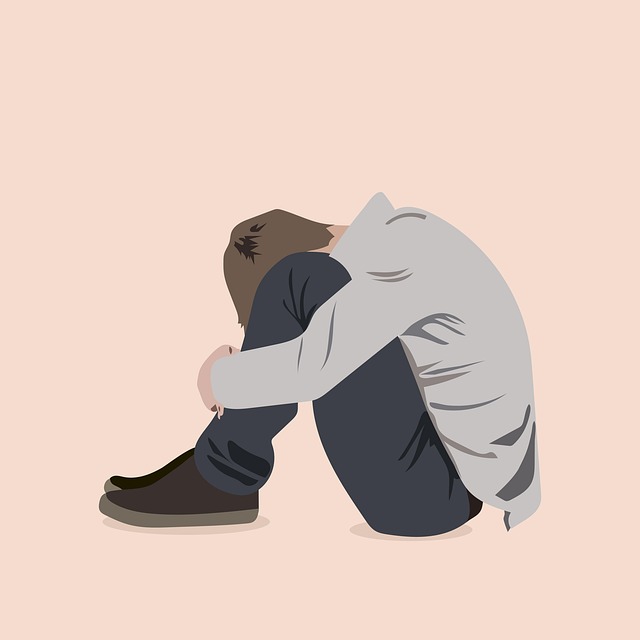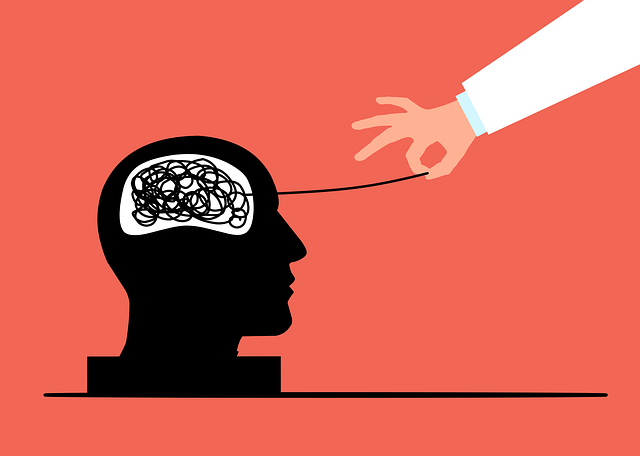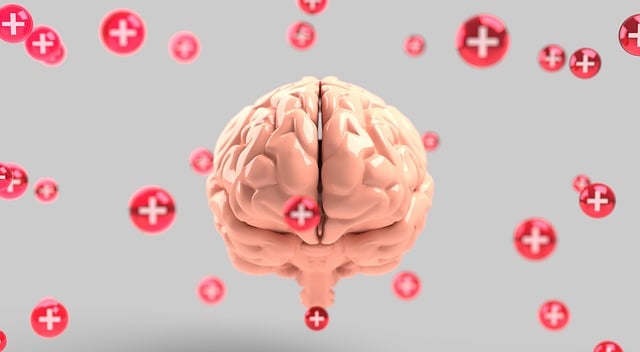Recognizing depression signs is vital for first responders to prevent severe mental health crises. Superior First Responders Therapy (SFRt), an evidence-based approach, combines open conversations about mental health with training in social skills, conflict resolution, and stress management. SFRt emphasizes early identification and intervention to prevent depressive episodes before they escalate. By integrating this therapy with self-care practices and policy advocacy, a proactive community safety net is created for first responders, promoting mental well-being through active self-care routines and open discussions about mental health.
Depression is a prevalent yet often overlooked health crisis, affecting millions globally. This article guides you through an essential toolkit for depression prevention, empowering you to become a superior first responder to your mental well-being. We’ll explore recognizing subtle signs of depression, delving into evidence-based therapies proven effective in proactive management. Additionally, discover lifestyle adjustments and coping mechanisms that offer a comprehensive approach, ensuring a robust defense against this complex condition, enabling you to thrive as a superior first responder.
- Recognizing the Signs of Depression: Early Detection as a First Responder
- Evidence-Based Therapies for Proactive Depression Prevention
- Lifestyle Adjustments and Coping Mechanisms: A Comprehensive Approach for Superior First Responders
Recognizing the Signs of Depression: Early Detection as a First Responder

Recognizing the signs of depression is crucial for becoming a superior first responder to mental health crises. Early detection allows for timely intervention, which can significantly mitigate the severity and impact of depressive episodes. Individuals experiencing depression may exhibit persistent feelings of sadness, hopelessness, or a loss of interest in activities once enjoyed. They might also display changes in appetite, sleep disturbances, fatigue, difficulty concentrating, and recurrent thoughts of death or suicide. As a first responder, being attuned to these subtle shifts in behavior and emotional well-being is essential.
By fostering open conversations about mental health, we can encourage those grappling with depression to seek support. Social skills training and conflict resolution techniques play a vital role in this process, as they help individuals navigate interpersonal challenges more effectively. Moreover, teaching stress management strategies can empower people to cope with life’s demands and reduce the risk of depressive episodes triggered by overwhelming stressors. Ultimately, early identification and intervention through superior first responder therapy form the cornerstone of proactive depression prevention.
Evidence-Based Therapies for Proactive Depression Prevention

Evidence-Based Therapies for Proactive Depression Prevention play a pivotal role in empowering individuals to take charge of their mental well-being. Superior First Responders Therapy (SFRt) stands out as a powerful approach, focusing on early intervention and proactive management. This therapy is designed to equip people with coping mechanisms before depressive episodes escalate, making it an effective tool for crisis prevention.
By integrating SFRt into broader mental health strategies, such as Self-Care Practices and Mental Health Policy Analysis and Advocacy, we can create a comprehensive safety net. Crisis Intervention Guidance becomes more accessible when individuals are already equipped with self-care tools and when policies advocate for open discussions on mental health. This proactive approach ensures that depression prevention is not just reactive but a holistic, community-supported endeavor.
Lifestyle Adjustments and Coping Mechanisms: A Comprehensive Approach for Superior First Responders

For Superior First Responders, managing depression and maintaining mental health is paramount due to the demanding nature of their work. Lifestyle adjustments and effective coping mechanisms are key components in preventing burnout and promoting resilience. Engaging in regular physical activity, maintaining a balanced diet, and ensuring adequate sleep are essential practices that can significantly reduce stress levels and enhance overall well-being. Additionally, incorporating mindfulness techniques like meditation or deep breathing exercises into daily routines can help responders gain better control over their emotions and react more effectively under pressure.
Beyond individual practices, participating in Stress Management Workshops Organization can provide a supportive environment for sharing experiences and learning from peers. Risk Management Planning for Mental Health Professionals is crucial within these settings, ensuring that first responders have access to therapy and support services tailored to their unique challenges. Cultivating a robust Self-Care Routine Development for Better Mental Health should be encouraged and prioritized, as it allows individuals to actively manage their mental health before, during, and after critical incidents.
In conclusion, depression prevention is a multifaceted approach where early detection through recognizing signs serves as a crucial first responder. Evidence-based therapies and lifestyle adjustments play complementary roles in empowering superior first responders to proactively manage their mental health. By combining these strategies, individuals can effectively navigate challenges, foster resilience, and maintain well-being, ultimately enhancing their overall quality of life.

